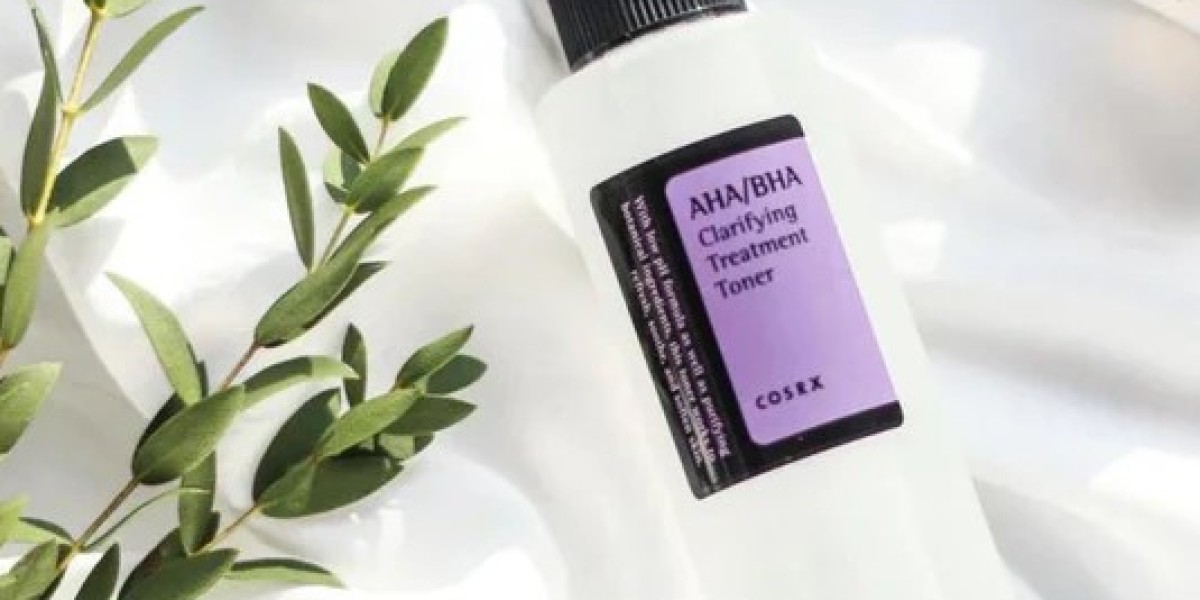Korėjietiška Kosmetika , often referred to as K-beauty, has taken the world by storm with its innovative products and unique skincare routines. This article explores the latest trends in Korean beauty, highlighting what is currently popular among beauty enthusiasts.
The Rise of Skincare Layering
One of the most significant trends in K-beauty is the practice of skincare layering. This involves applying multiple products in a specific order to achieve optimal skin health. The typical routine includes cleansing, toning, essence, serum, moisturizer, and sunscreen. This method allows for personalized skincare, addressing various skin concerns effectively.
Glass Skin: The Ultimate Goal
The concept of "glass skin" is a major trend in Korean beauty. This term refers to a complexion that is incredibly smooth, clear, and luminous, resembling glass. Achieving glass skin involves using hydrating products, exfoliating regularly, and incorporating brightening ingredients like vitamin C. Many K-beauty brands offer products specifically designed to help achieve this coveted look.
Innovative Ingredients
Korean beauty products are known for their unique and effective ingredients. Popular components include snail mucin, propolis, and fermented ingredients. Snail mucin is praised for its healing properties, while propolis is known for its antibacterial benefits. Fermented ingredients help to enhance the absorption of nutrients, making them a staple in many K-beauty formulations.
Sustainable Beauty Practices
Sustainability is becoming increasingly important in the beauty industry, and K-beauty is no exception. Many brands are adopting eco-friendly practices, such as using recyclable packaging and natural ingredients. Consumers are becoming more conscious of their environmental impact, leading to a rise in demand for sustainable beauty products.

Focus on Natural Looks
The "no-makeup" makeup look is a trend that continues to thrive in Korea. This style emphasizes natural beauty, with minimal makeup to enhance one's features rather than mask them. Lightweight foundations, tinted moisturizers, and subtle blushes are popular choices for achieving this fresh-faced appearance.
Innovative Packaging
Korean beauty brands are known for their eye-catching and innovative packaging. From fun shapes to interactive designs, the packaging often adds an element of excitement to the product. This trend not only attracts consumers but also enhances the overall user experience.
Emphasis on Sun Protection
Sun protection is a crucial aspect of Korean beauty routines. Many K-beauty products include SPF, and the importance of daily sun protection is heavily emphasized. This trend reflects the understanding of the damaging effects of UV rays on the skin and the need for preventive measures.
The Popularity of Sheet Masks
Sheet masks have become a staple in K-beauty routines worldwide. These single-use masks are soaked in serums and are designed to provide intense hydration and treatment for various skin concerns. The convenience and effectiveness of sheet masks have contributed to their popularity among beauty enthusiasts.
Personalized Skincare Solutions
With the rise of technology, personalized skincare solutions are gaining traction in the K-beauty market. Brands are utilizing AI and skin analysis tools to recommend products tailored to individual skin types and concerns. This trend allows consumers to find the most effective products for their unique needs.
Community and Social Media Influence
Social media plays a significant role in shaping K-beauty trends. Platforms like Instagram and TikTok are filled with beauty influencers sharing their routines and product recommendations. This community-driven approach has helped to spread awareness of K-beauty products and trends globally









